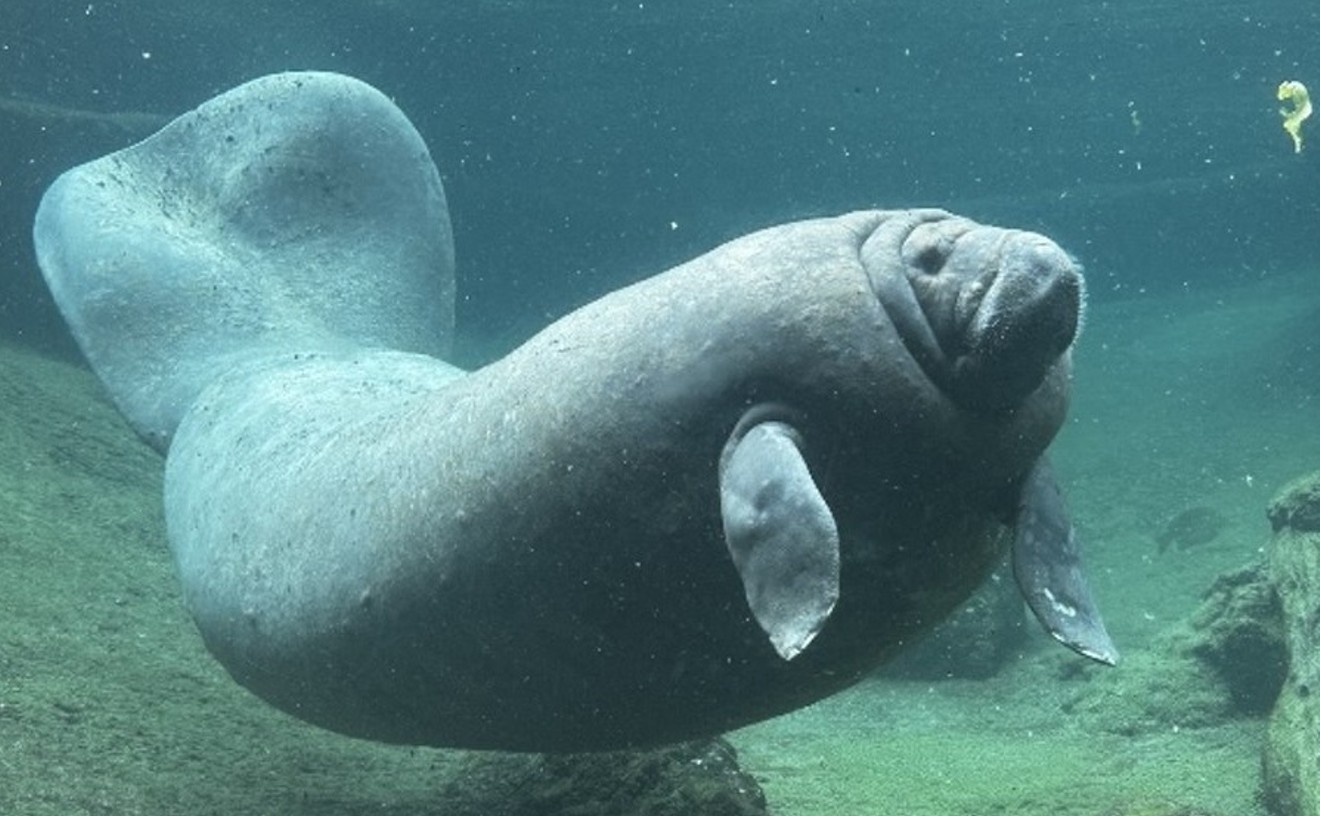While Floridians were busy re-electing Barack Obama, voters in Puerto Rico yesterday participated in a referendum posing a fundamental question to their political status with the United States: statehood or no statehood?
The first question on the two-part referendum asked voters if they wanted to change their relationship with the United States, then asked how they would like to change it. The choices were U.S. statehood, independence or "sovereign free association" -- a status that would give more than four million Puerto Ricans more political autonomy.
While 53 percent of reported voters (75,188) chose to not continue their 114-year-old relationship with the U.S., 47 percent (67,304) favored the status quo.
But it was the response to the second question that got everyone's attention: 65 percent of voters favored statehood, followed by 31 percent favoring sovereign free association and only four percent wanting independence.
Update: 54 percent of Puerto Rican voters opted to change their
political status with the United States, and a final tally of 61 percent
of the electorate chose statehood for the second question on the referendum.
Both Obama and Mitt Romney supported the referendum, with Obama pledging to respect the will of the people if there was a clear majority. While only 31 percent of ballots had been counted by Tuesday morning, the statehood question was being favored by an imposing 60 percent so far.
So will Puerto Rico finally become the 51st state? Puerto Ricans have been recognized as U.S. citizens since 1917, almost 20 years since the 3,515 square mile island was acquired by the U.S. military in the Spanish-American War. The political status of the Caribbean island has been under considerable debate ever since.
As the reality of Puerto Rican statehood comes closer, Miami Puerto Ricans might strike a more ambivalent tone.
"Puerto
Rico cannot be independent, but I don' t know if it's a good idea to
become a state," says Aina Calimano, 29, a Puerto Rican native and
mother of two who works as an audiologist in Kendall. "I think
the people think that it will be better because they think they will
receive more benefits without doing anything. Eighty percent of the
people over there don't know English. They want to be a state but they
don't know anything about speaking another language. I like the idea
that we are U.S. citizens but not a real state."
Several referendums were held in the past -- in 1967, 1993 and 1998 -- but a statehood majority has remained elusive.
Although Puerto Rico is a U.S. territory, it's citizens are not represented in Congress, nor is Puerto Rico represented in the electoral college and therefore citizens cannot vote in the presidential election. The closest thing they have to representation in the U.S. federal government is a non-voting Resident Commissioner in the House of Representatives, a position that has as much influence as a court jester. Pedro Pierluisi (D) is the incumbent.
Citizens can still elect legislators and a governor. And interestingly, Puerto Ricans look to have narrowly chosen challenger Alejandro Garcia Padilla of the Popular Democratic Party -- which opposes statehood -- over incumbent Luis Fortuno by 48 to 47 percent.
To become a full-fledged state, the measure would still need a two-thirds vote in both chambers of Congress.
Florida's growing Puerto Rican community -- a group that helped give Obama the lead in Florida -- will be watching the results closely.
Follow Miami New Times on Facebook and Twitter @MiamiNewTimes.










